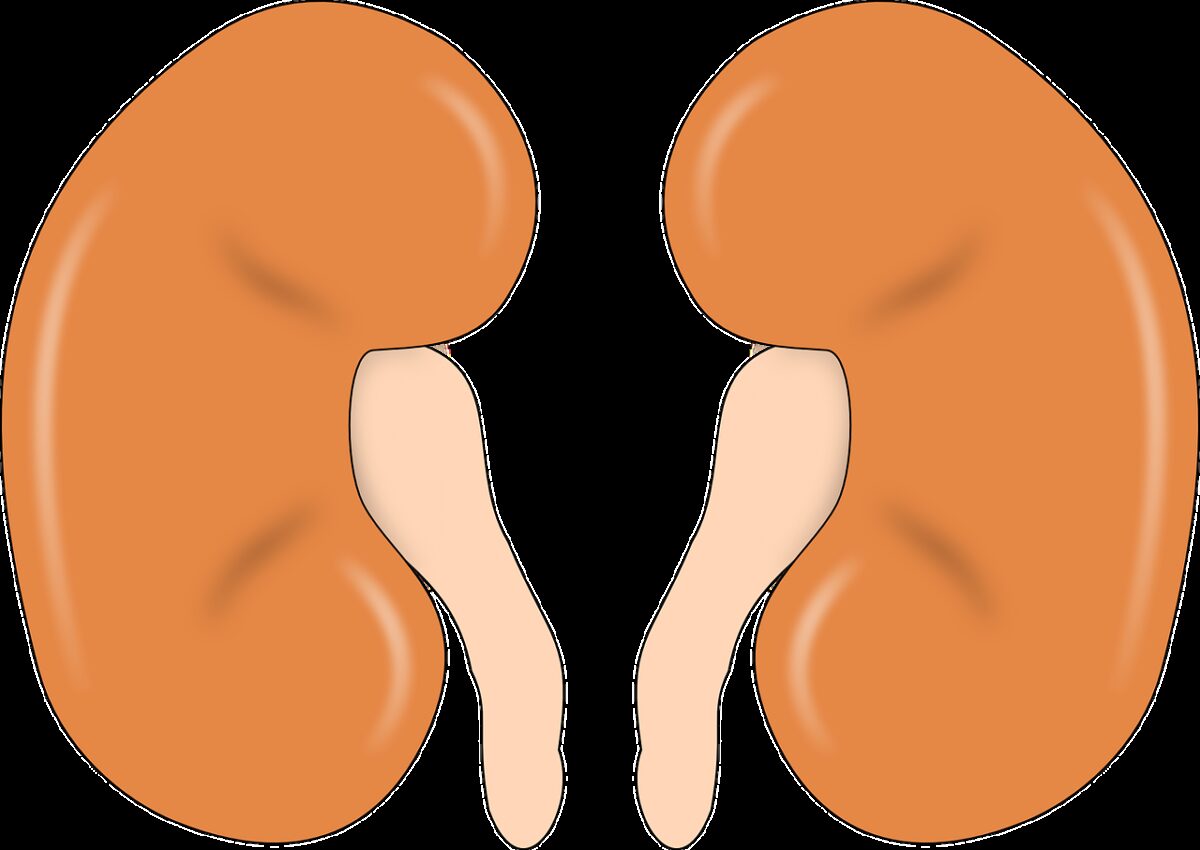Our kidneys…
Our body has two kidneys, each the size of a fist located on either side of the backbone, at the level of the bottom rib. Each day our kidneys filter up to 189 liters of blood through millions of filters called nephrons.
Functions of Kidneys
- Regulate the body’s water content.
- Excrete toxic wastes from the body in the form of urine.
- Regulate the amount of salts like potassium and sodium in the blood.
- Help maintain the acid balance in the body.
- Produce red blood cells, so that oxygen can be transported throughout the body.
- Produce vitamin D in its active form to ensure that bones are strong and healthy.
- Produce hormones to regulate blood pressure.
What is kidney failure?
Kidney failure or end-stage renal failure (ESRF) is defined as a state when the kidneys do not function properly or sufficiently, resulting in the accumulation of waste products and toxic materials. When toxic wastes build in the blood, they may cause permanent and irreversible damage to body cells, tissues and organs. Thus, in order to survive, kidney function needs to be replaced either through dialysis or transplantation. A person can stay healthy with just one kidney. Individuals with kidneys that function below 20% of their required capacity, however, need some form of renal replacement therapy.
What are the causes of kidney failure?
- Diabetes
- High blood pressure
- Inflammatory diseases (e.g. glomerulonephritis)
- Blockage of urinary collecting system (e.g. kidney stones)
- chronic infections (e.g. pyelonephritis)
- Rare genetic disorders (e.g. polycystic kidney disease)
Symptoms of kidney disease/failure
- Decreased urination
- Blood in the urine (tea-colored or fresh blood)
- Nausea and vomiting
- Swollen hands and ankles
- Puffiness around the eyes
- Itching
- Sleep disturbances
- High blood pressure
- Loss of appetite
How can kidney failure be treated?
If kidney disease is detected in its early stage, some forms can be controlled with medication and diet. However, there is no recovery from end-stage renal failure. To survive, the patient has to undergo regular dialysis treatment or receive a new kidney through transplantation. There are two types of dialysis treatment:
- Haemodialysis – where an artificial kidney machine takes over the functions of the real kidney.
- Peritoneal Dialysis – where the dialysis solution is placed inside the abdominal cavity to draw out toxic wastes.
